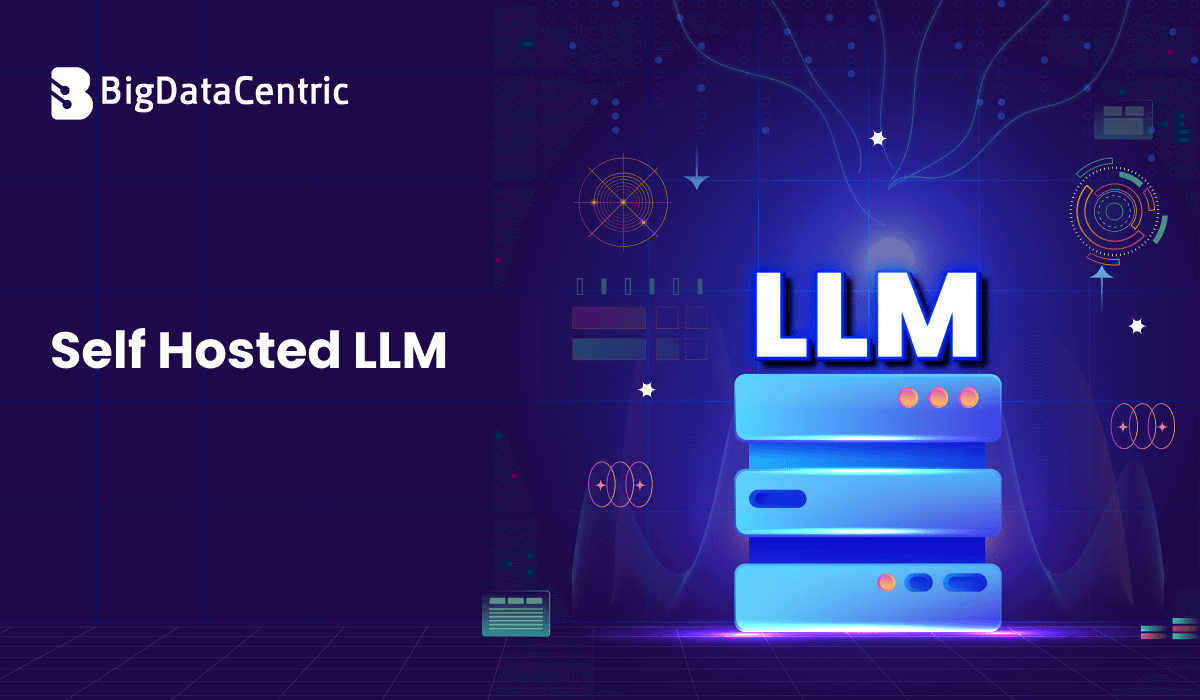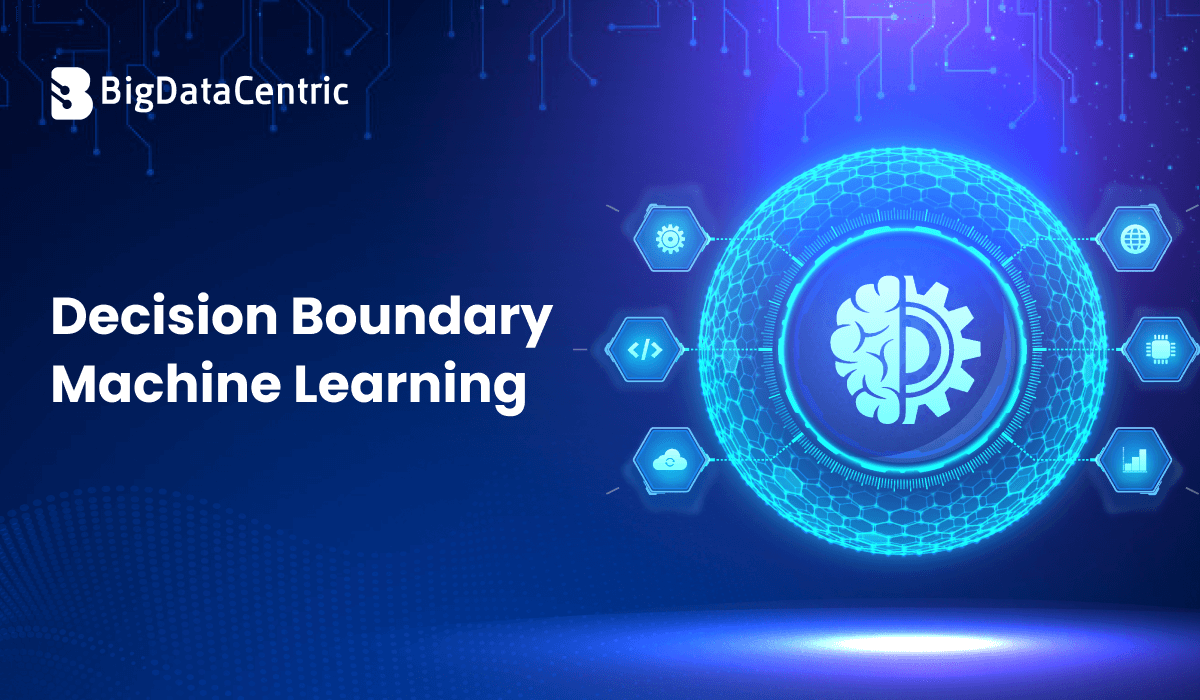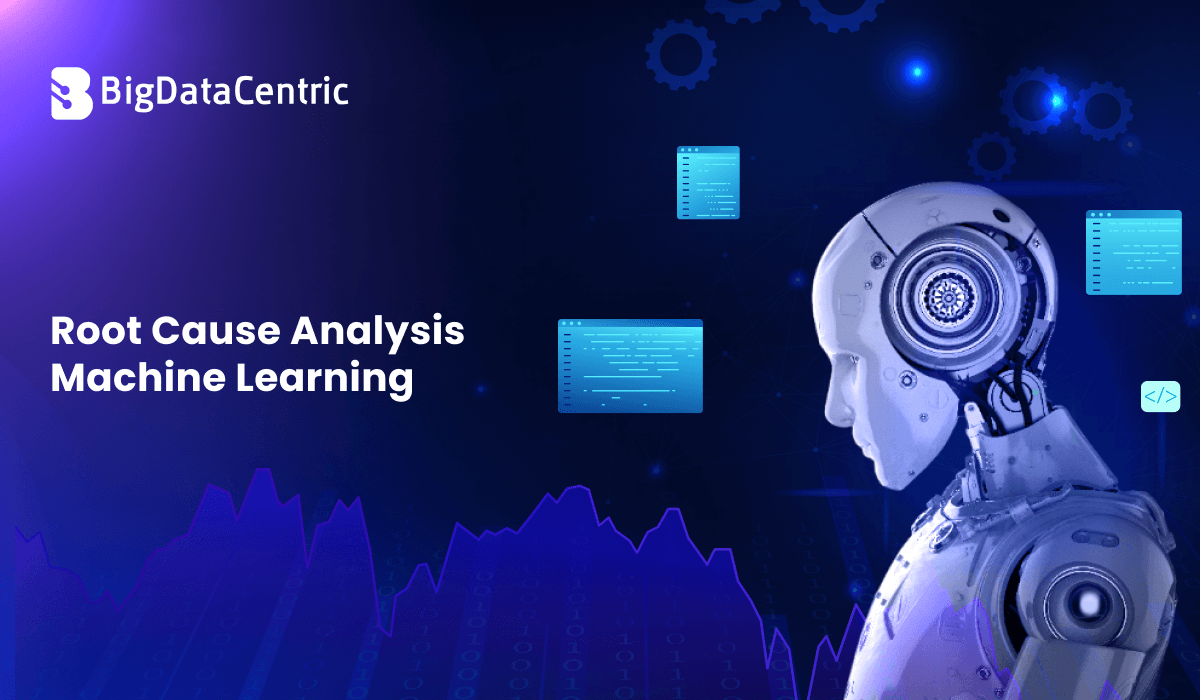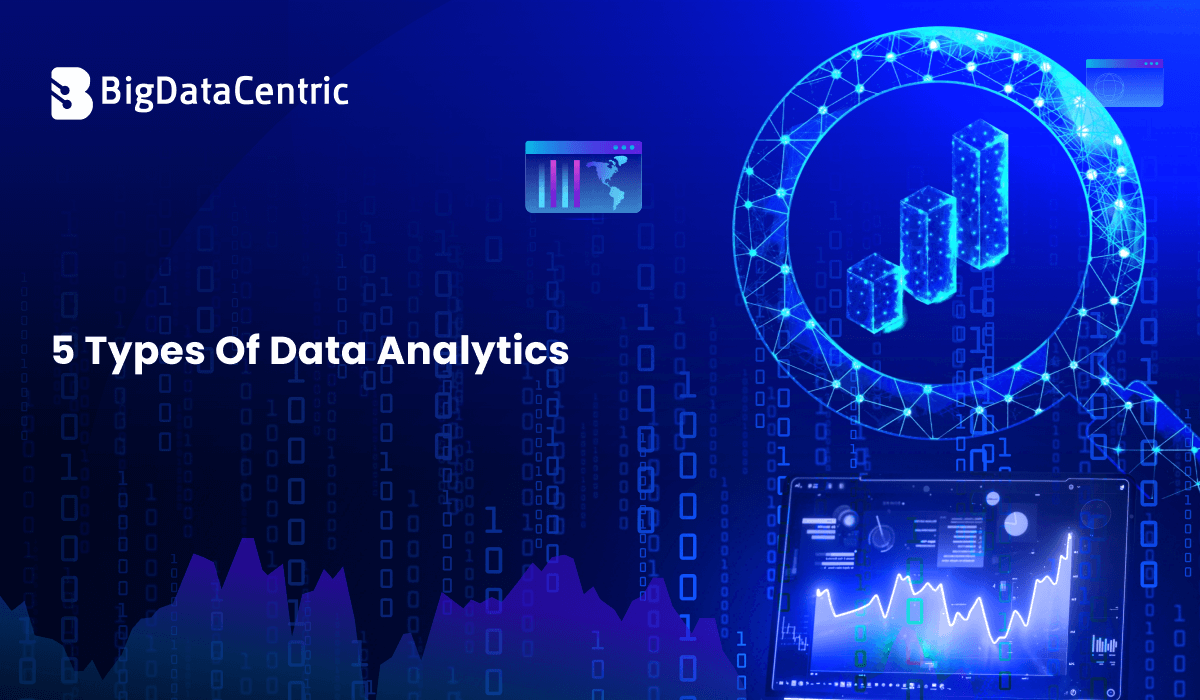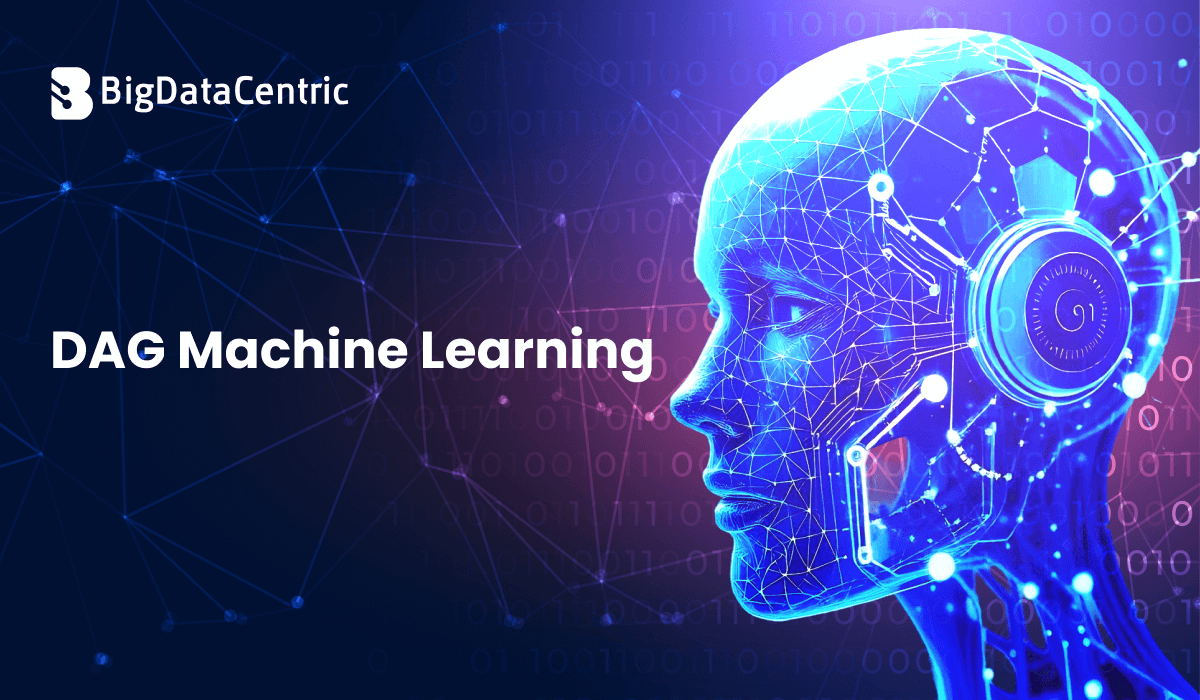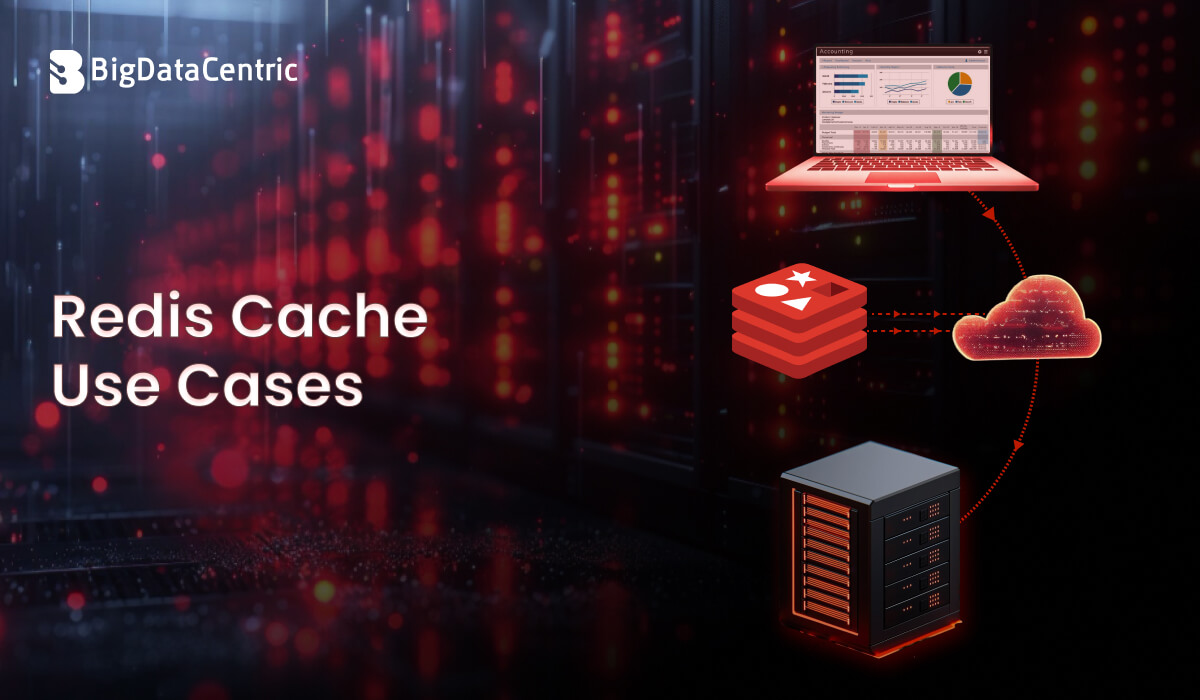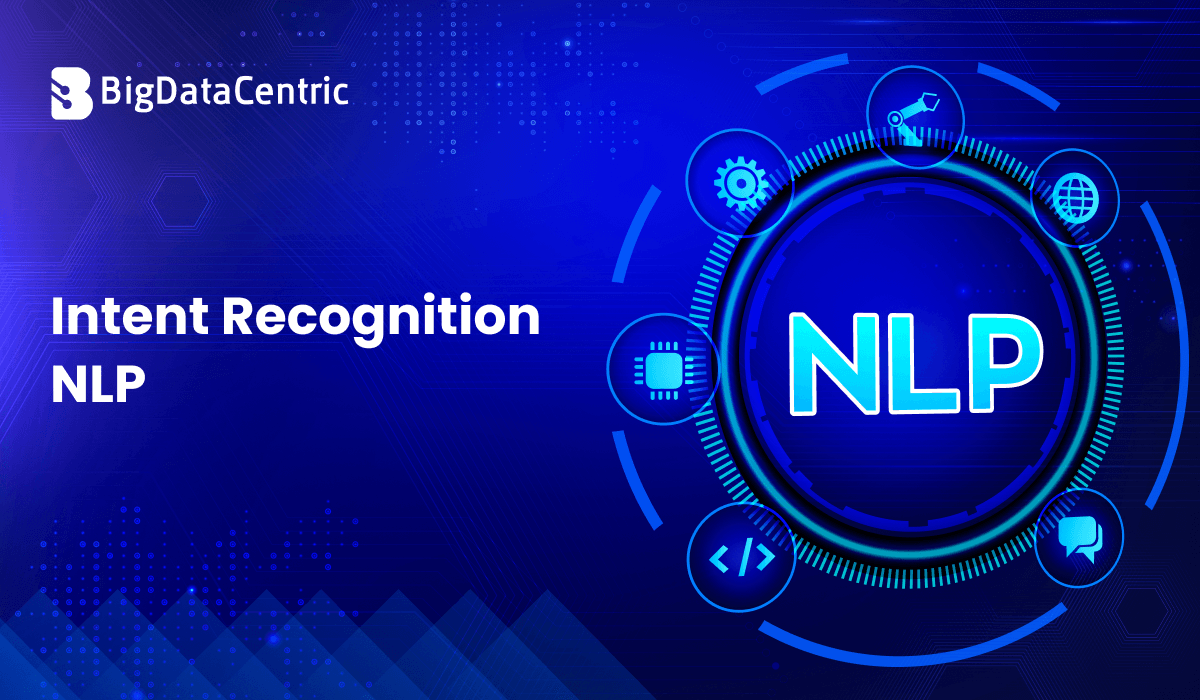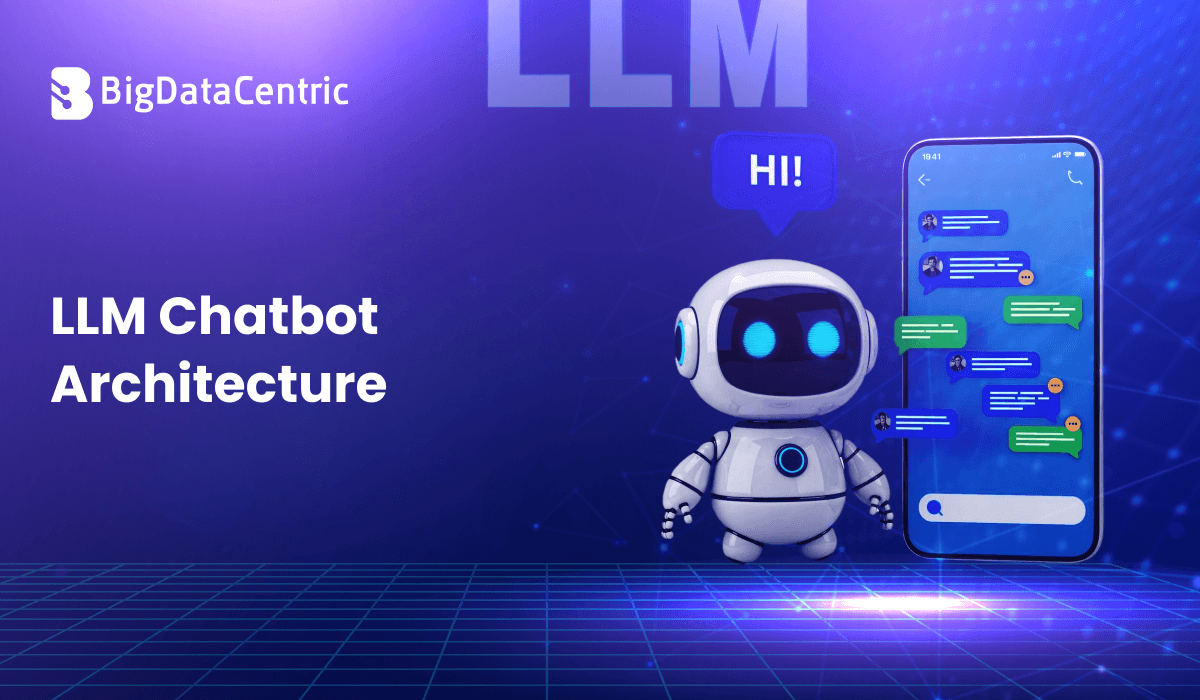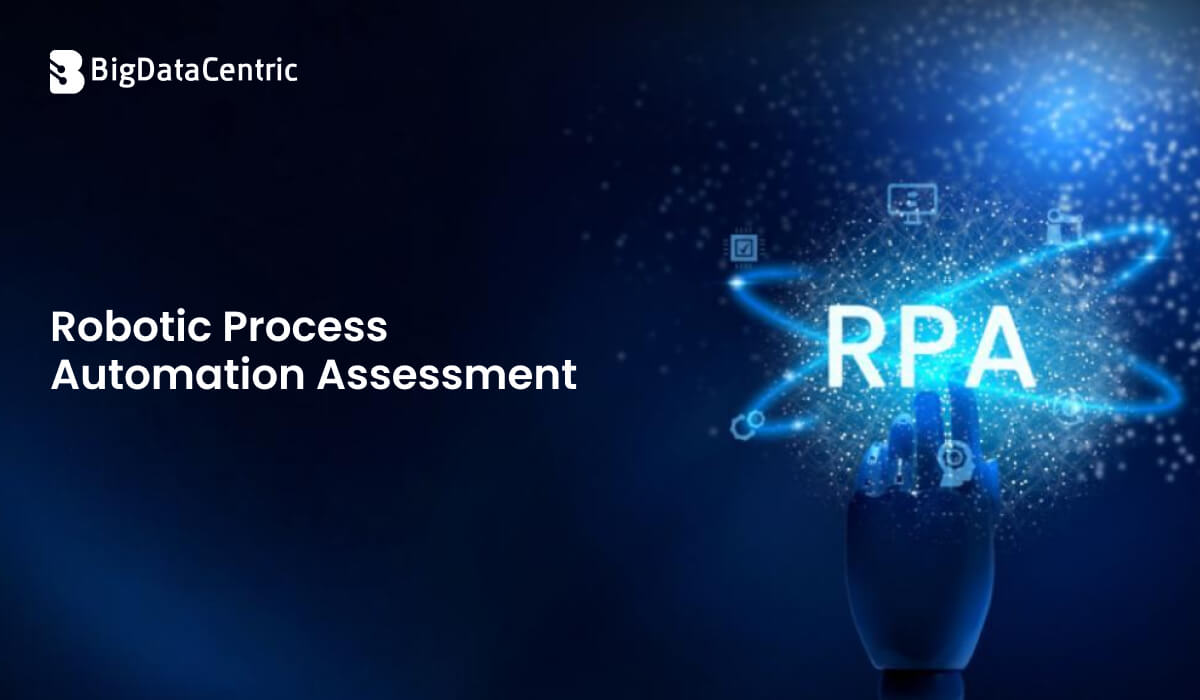Get in Touch With Us
Submitting the form below will ensure a prompt response from us.
Large Language Models (LLMs) such as GPT-4 and LLaMA have transformed industries with their ability to generate human-like text, summarize documents, write code, and even perform reasoning tasks. However, many organizations are cautious about relying solely on third-party APIs due to concerns over data privacy, compliance, and cost.
This is where the concept of a Self Hosted LLM comes into play.
What is a Self-Hosted LLM?
A self-hosted LLM is a large language model that y
You run on your own infrastructure—either on-premises, in a private data center, or in a private cloud environment. Unlike using cloud-based APIs, a self-hosted approach gives you:
- Full control over data and model usage
- No vendor lock-in
- Custom fine-tuning for domain-specific tasks
- Cost savings for high-volume usage
Why Choose a Self-Hosted LLM?
- Data Privacy & Compliance – Sensitive industries like healthcare, finance, and government can’t always send data to external APIs. Hosting internally ensures compliance with GDPR, HIPAA, and SOC2.
- Customization – Fine-tune models for legal, medical, or technical jargon to improve accuracy.
- Cost Optimization – Pay once for compute and scale usage without per-token API costs.
- Offline Availability – Run LLMs in environments with limited or no internet access.
Popular Self Hosted LLM Frameworks
Several open-source projects enable organizations to host their own LLMs:
- Hugging Face Transformers → For training and inference
- LangChain → To build LLM-powered applications
- llama.cpp → Lightweight inference of Meta’s LLaMA models
- vLLM → High-performance inference optimized for GPUs
- Ray Serve → For distributed model serving
Python Example: Running a Self-Hosted LLM with Hugging Face
from transformers import pipeline
# Load a self-hosted model (LLaMA-2 or GPT-J for example)
generator = pipeline("text-generation", model="meta-llama/Llama-2-7b-chat-hf")
# Run inference locally
prompt = "Explain the benefits of a self-hosted LLM in healthcare."
response = generator(prompt, max_length=200, do_sample=True)
print(response[0]['generated_text'])This code downloads the model locally and runs it on your machine (GPU recommended).
Scaling a Self-Hosted LLM
Running a model on your laptop is possible, but for enterprise-scale deployment, you need:
- GPUs or TPUs (NVIDIA A100, H100)
- Container orchestration (Docker, Kubernetes)
- Model serving frameworks (vLLM, Ray Serve, FastAPI)
- Monitoring tools (Prometheus, Grafana)
Python Example: Serving LLM with FastAPI
from fastapi import FastAPI
from transformers import pipeline
app = FastAPI()
generator = pipeline("text-generation", model="meta-llama/Llama-2-7b-chat-hf")
@app.get("/generate")
def generate_text(prompt: str):
output = generator(prompt, max_length=150, do_sample=True)
return {"response": output[0]['generated_text']}Run this with uvicorn app:app –reload to expose your self-hosted LLM as an API endpoint.
Challenges of Self-Hosting LLMs
- High compute requirements – Large GPU clusters needed for smooth inference
- Maintenance overhead – Regular updates, monitoring, and scaling required
- Security risks – Proper access control, logging, and auditing must be in place
Fine-Tune and Host Custom AI Models
We design AI workflows with self-hosted LLMs tailored for enterprise applications.
Conclusion
A self hosted LLM gives enterprises unmatched data control, cost efficiency, and customization. While it requires infrastructure investment and technical expertise, it’s an ideal choice for businesses seeking long-term AI strategies without vendor dependency.
As open-source LLM frameworks continue to evolve, running your own large language model is no longer just for big tech—it’s becoming accessible to startups, researchers, and enterprises alike.



